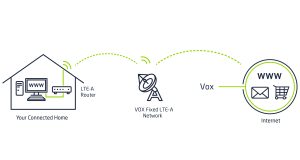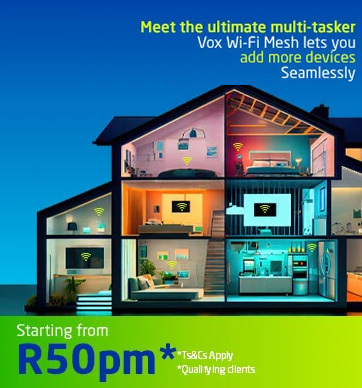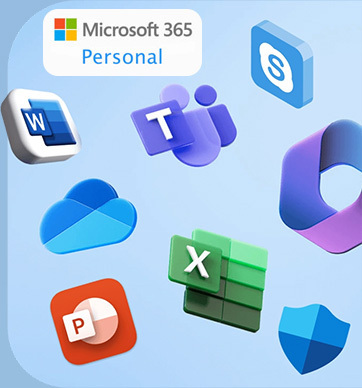So there you are.
It’s a late summer evening and the power is out (loadshedding). You’re starting to think that you might as well re-name your home after that Northern Cape mining town, Hotazel, because you aren’t playing in the solar leagues yet, and with the El Niño heatwave phenomenon having kicked in again, it sure feels hot as H even though the sun has moved well below the horizon.
Today, for some added interest, the water is off too (apparently it’s also loadshedding-related, according to the latest X communication from the municipal authorities).
But never mind! You are peacefully glamping in your own home, and right now you are beyond caring – at least for today – that you and the neighbours have once again been ex-communicated from the municipal services that all y’all do actually pay for.
Glamping at Home
Cooking via camping gas stove under the stars – check.
Selection of wine and beers – check.
Finish the potjie, pour a second glass of something, fire up the jenny and sit down in front of something good on Netflix – check.
With the candles flickering everywhere it’s actually quite romantic… and if the potjie’s good enough, your partner-in-wine might even be in the mood later…?
Home-grown glamping plus Netflix and Chill sorted – check!
…You Always Think It Will Happen to Someone Else
And then it happens.
They say that bad things come in three, and it seems that ‘they’ are right, because now the Wi-Fi is also down – and for this one, there is no back-up plan right now.
So there goes glamping – well, at least the really fun part. Because without the Netflix, your partner-in-wine is far less likely to be in the mood later for the Chill part of the evening.
And that’s potentially another form of ex communication.
The Need for Failover Connectivity Solutions
On a more serious note, this imaginary (or is it?) scenario reminds us that access to the internet today – just like the ongoing availability of electricity and clean water – is an essential need in a modern society.
When there’s no connectivity, it’s not just about Netflix going down (annoying as that might be at the end of a long day).
Internet connectivity underpins everything in our digital age, and plays a vital role in our economy – from businesses keeping their systems live and responsive, to households that need to support work-from-home and remote schooling, to mines working in remote areas.
The internet makes it possible for us to access information and communicate from anywhere in the world – even underground in dangerous mining situations. Wi-Fi, in turn, allows us to connect our devices to the Internet.
A Wi-Fi connection can come from Fibre, LTE, wireless or a satellite connection.
‘Back Out’ Needs Back-Up – LTE Supports Fibre
Fixed-line Fibre is an internet connection built on a network of fibre-optic cables that send data at -quite literally – the speed of light, using light pulses sent through thin strands of flexible glass. Fibre represents the pinnacle of fast internet options, and this speed is why we refer to fixed-line Fibre as being the ‘gold in the ground’ – because it’s usually laid in the earth (technical note: it can also be placed under water and above ground, depending on the terrain and the requirement).
While it’s generally extremely reliable, things can go wrong on the Fibre network from time to time – for example, municipal employees working on a nearby water pipe could dig through the in-ground Fibre line connecting your area, or vandals and criminals could damage the infrastructure. And so, to stay connected, first prize is for Fibre users to have a failover option for those times when the Fibre line goes down, and one of these options is LTE.
It will give you back-up instead of having your internet ‘back out’.
How Can Vox LTE Work For You?
LTE stands for Long Term Evolution and is sometimes referred to as 4G LTE. It’s a wireless internet solution that uses radio waves to transmit data between a router and a cell tower, enabling mobile devices to connect to these networks.
Vox offers LTE failover solutions to our Fibre-to-the-home (FTTH) clients. (Another technical note: households that have wireless Internet connections also have access to the failover solution.)

Get reliable Internet backup with Vox LTE Failover and switch from Home Fibre to Fixed LTE-A during outages to stay connected. Plans start at R260pm (which includes a R35 access fee, R85 router rental and R140 for 25/25GB).
FTTH customers do a self-install, after which you can sit back and enjoy the internet, because if your Fibre line goes down, your service will automatically and seamlessly switch to LTE until the Fibre is up and running again.
LTE will work for the type of internet speeds most people need, but wouldn’t be responsive enough if you’re a competitive gamer. It is also not able to support an SME or enterprise where internet voice is critical to your business – but, even then, it’s still smart to have an LTE failover option for basic connectivity for core functions.
And best of all, this back-up solution can make ex-communication a thing of the past: no more need to look up the X-factor; guaranteed Netflix and Chill, even in load-shedding.
In conclusion?
Home-grown glamping sorted on every single front possible – check, check, check!













